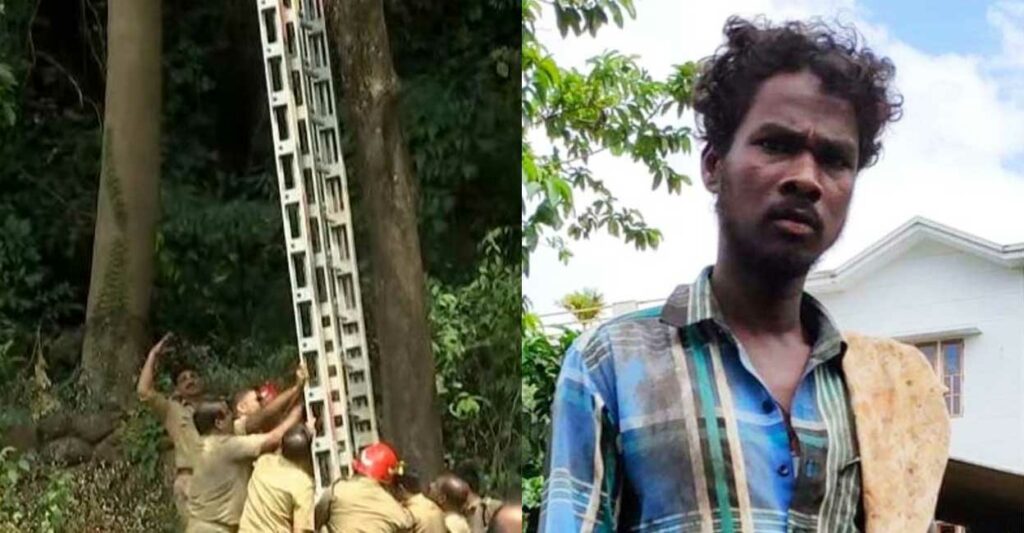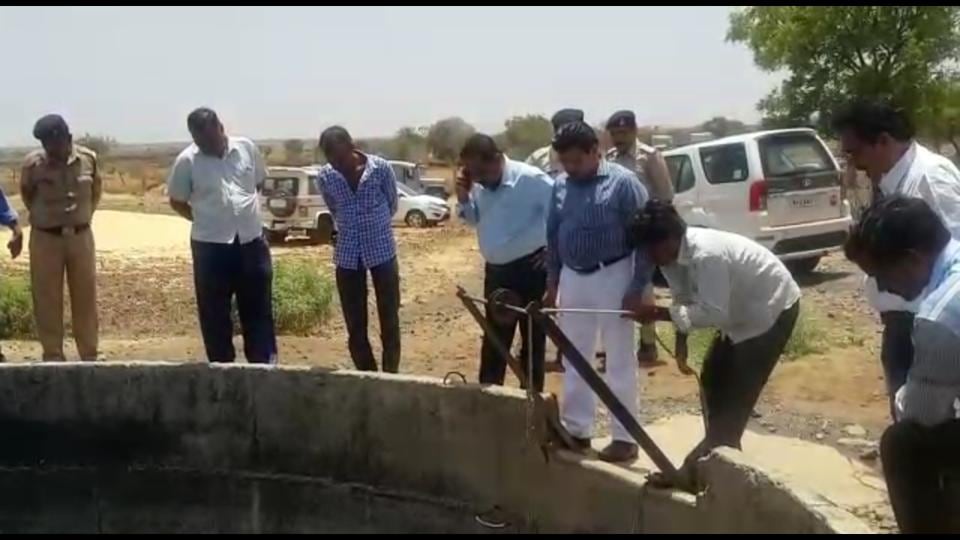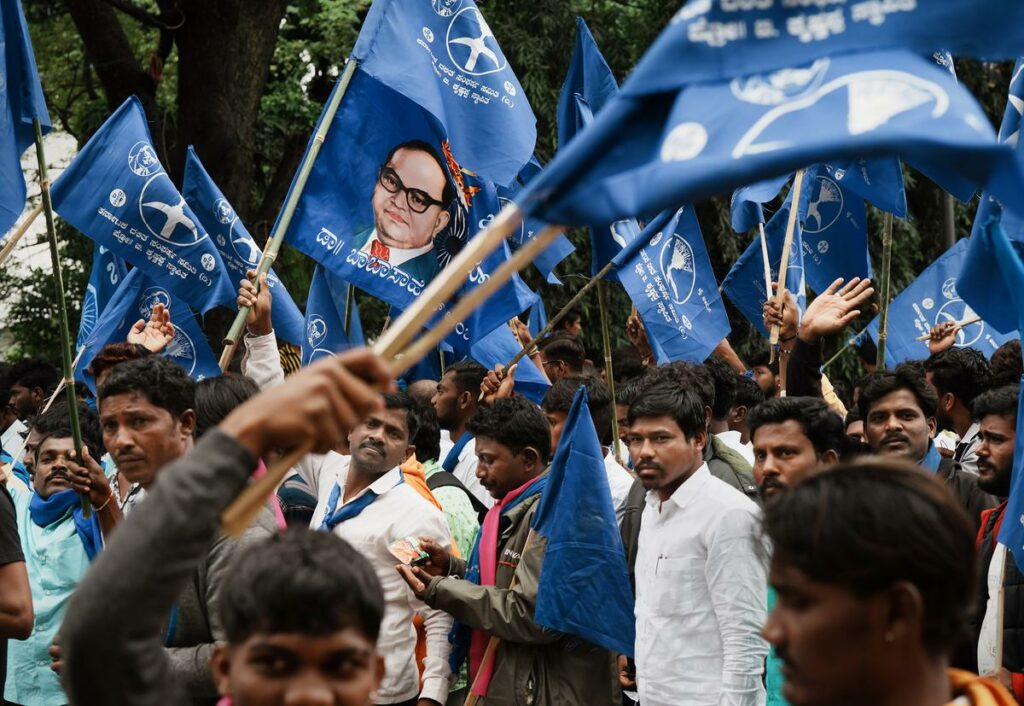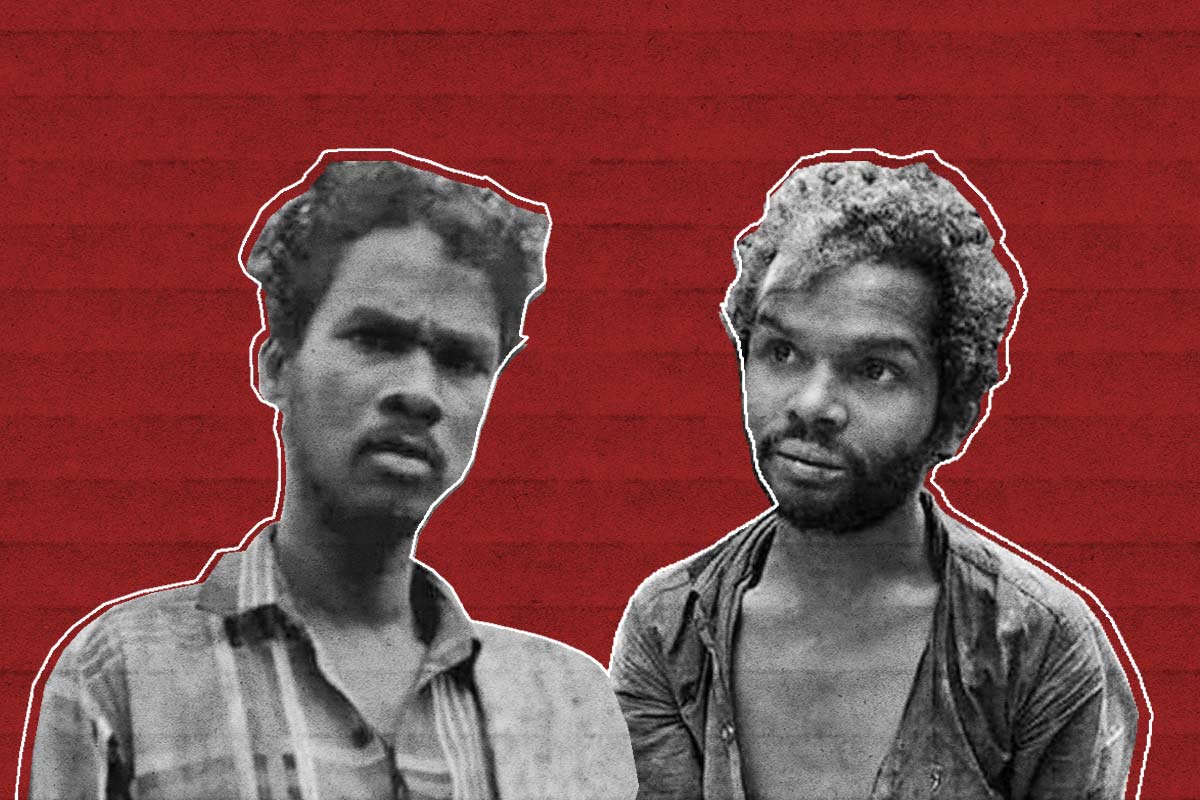The tragic death of 46-years-old Viswanathan, a tribesman from Wayanad, Kerala, who was accused of theft has once again highlighted the cases of caste based violence and mob lynching in India. Viswanathan, who was found dead on February 11 in Kozhikode Government Medical College, was questioned and roughed up by a group of people near the medical college on the accusation of stealing a mobile phone. Viswanathan’s wife gave birth to a child a few days ago in the same hospital before his tragic death. A police report has been filed and police have started a detailed investigation into Viswanathan’s case.
The crime against the Dalit community has increased over the years. According to a 2020 report by National Crime Records Bureau, 50,291 cases of crimes against Dalits were reported in 2020. The report saw a rise of 9.4 percent cases compared to the previous year 2019.
This incident has led to a social media outrage and tribal rights activists and writers are calling for a severe action in this case. The activists have highlighted that “there were injuries on Viswanathan’s body, but police maintain that they were caused when he climbed the tree to hang himself”.
This incident has again brought back the discussion on the gruesome murder of Madhu, a 30-year-old tribal man in Kerala’s Attappadi, who was beaten up to death by a group of people under the allegations of stealing rice.

Madhu was found near a cave in the forest and then beaten up by the people and reportedly dragged till Mukkali region with his hands tied up. Madhu, who was suffering from mental health issues was declared dead in the government hospital.
Although, the lynching case that happened in 2018, had led to protest for justice for Madhu, the court trail of the case is still ongoing. Many witnesses have turned hostile so far, increasing doubts over the fate of the case.
Also read: The Casteist Sense Of Humour: Why Mocking Ambedkar Is A Structural Violence
The growing incidents of mob-lynching, specifically Viswanathan’s, have been through are an indication towards how little we as a society have developed. Even though it’s inhumane to treat anyone differently let alone beat them just because they belong to a different caste, people belonging to SC/ST community have time and again faced the violence for just belonging to a particular community.
In another state of India – Haryana, a 40-year-old Dalit man was beaten up by a mob on the allegations of stealing a water pump. In December, 2021, a group of around 17 Jat men allegedly carried out the attack on the Dalit man and his two cousins in Mirkan village, Hisar district in Haryana. The attack left the victims severely injured.
Even though the Scheduled Caste and Scheduled Tribe (Prevention of Atrocities) Act aims to protect the SC/ST people, many people have failed to meet justice.

The mob lynching cases are not restricted to one region in India and Viswanathan’s is not the one of it’s kind. Shockingly, these kinds of cases are reported all across the country.
In the metropolitan city of Mumbai, Krishna Dusamad, a 30-years-old sanitary worker, died in May 2022, while he was at work at Nagmani Jewellers, Ushakiran building in Bhayandar.
The shop owner, Chandicharan Bind, 33, and ten other employees allegedly beat up Krishna, who belonged to Dalit community, with bare hands, a bat, a wooden plank, and an iron rod because they suspected him of stealing.
Though the police had registered the case under the sections of the Scheduled Castes and Scheduled Tribes (Prevention of Atrocities) Act, 1989, the justice in this case is still pending. The 1989 law was introduced to protect historically oppressed communities.
In another state of India – Haryana, a 40-year-old Dalit man was beaten up by a mob on the allegations of stealing a water pump. In December, 2021, a group of around 17 Jat men allegedly carried out the attack on the Dalit man and his two cousins in Mirkan village, Hisar district in Haryana. The attack left the victims severely injured.

In Rajkot, Gujarat, 38-year-old Mukesh Vaniya, a man belonging to a scheduled caste was brutally thrashed and murdered by the owners of a factory unit. The victim was accused of theft from the factory in 2018. His wife also suffered the beatings of the group of people.
The mob-lynching cases are not apparently limited to stealing, but a 21-years-old young boy named Jitendra was beaten to death in Kot village of Uttarakhand by a group of upper caste men in a wedding. His crime was that he sat in a chair to eat his food at the wedding. The incident took place in 2019.
Also read: Social Exclusion And Institutional Murder: The Death Of Darshan Solanki
Beating someone because he is eating in your presence, seems ridiculous but sadly, heinous crimes against particular castes are still prevalent in India. There is a clear history of mob violence and lynching in India, reflecting a society with palpable remnants of pre-modern values, the most glaring example being the barbaric caste system.
The crime against the Dalit community has increased over the years. According to a 2020 report by National Crime Records Bureau, 50,291 cases of crimes against Dalits were reported in 2020. The report saw a rise of 9.4 percent cases compared to the previous year 2019.

Additionally, the report also highlighted the increase of cases against the tribal community. 8,272 cases of crimes were reported against the tribal communities. The cases rose by 9.3 percent over the previous year.
Though, there are no detailed reports on mob-lynching and caste violence in India. The Quint had attempted to gather the data of mob lynching cases in the country. According the report by the Quint, around 80 people have died in lynchings between 2015 and 2019 all across India.
This saga of violence against Dalit communities continues. There are thousands of such cases that occur in India, some are reported and some go unreported. The law in itself seems to be unable to protect the Dalit citizens of our country from the ruthless behaviour of so called upper caste people.
Political parties often ignore such instances in order to please a particular privileged section of the society. But, there’s a dire need for severe punishment to any group of people involved in caste based violence.
Caste based discrimination is still a very common practice in India and Viswanathan’s case is not the first one of its kind. A severe action is required in order to curb the caste led violence. Every human, belonging to any caste or religion, has the right to equal life. In the 21st century, a community is still fighting for a basic human right to live! It’s extremely saddening to witness such incidents in this day and age.
About the author(s)
Pragati Parihar is a masters student, studying International Relations at University College Dublin, Ireland, and is highly interested in topics such as feminism, gender based violence, and gender representation in politics. Also a travel enthusiast and an avid reader of mythology!




